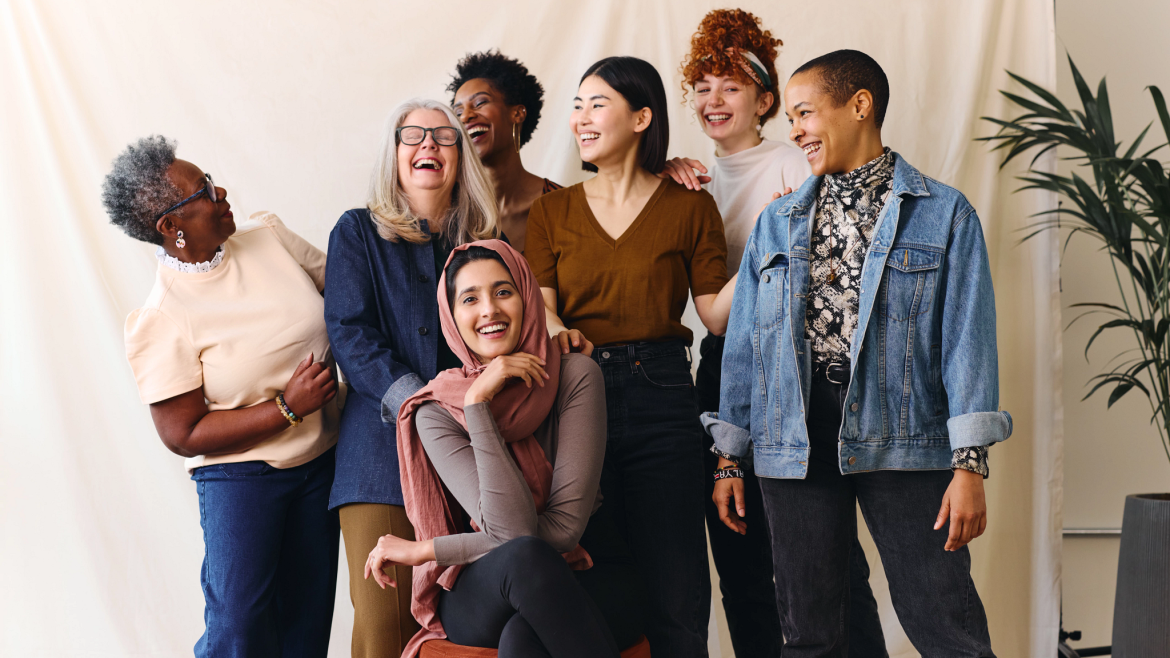Access to reproductive knowledge, care and power is essential to achieving justice and freedom for women.
For women* in the United States, access to comprehensive sex education, quality health care and meaningful supports for families is limited by intentionally regressive, oppressive and medically harmful policies.
This reality is particularly true for those who live in states with restrictive abortion laws; Black, Indigenous, and women of color, transgender and gender-nonconforming people, and women struggling to make ends meet. As a result, these same communities experience higher maternal mortality rates, stigma and deep financial burdens that limit economic independence.
Reproductive health care—including contraception, birthing support and abortion access—is difficult to access in the U.S. and often compounded by barriers related to income inequality, racism and geography. In June 2022, the U.S. Supreme Court struck down the constitutional right to abortion. This ruling allows for state policies that make abortion entirely inaccessible to millions across the U.S. For communities already most affected by restrictive abortion laws, particularly in the South and Midwest, the risk of facing criminalization for seeking and providing reproductive health care—including access to timely, comprehensive miscarriage care—is a constant threat.
We believe reproductive freedom is a health care issue, a human rights issue, a democracy issue and an economic justice issue. It should not be limited by race, geography, income or gender. That is why we support our partners working to achieve comprehensive sex education, full access to contraception and abortion and birth equity.
< 20%
Of middle schools and <50% of high schools teach sexual health topics that the CDC considers essential for healthy young people. (Source)
1 in 4
Women in the U.S. will have an abortion by age 45. (Source)
2/3
Of Americans are dissatisfied with abortion laws, most feeling the laws are too restrictive. This is a reversal from the last two decades. (Source)
2x
Decrease in the likelihood of experiencing birth complications among mothers with doula assistance. (Source)
What We Do
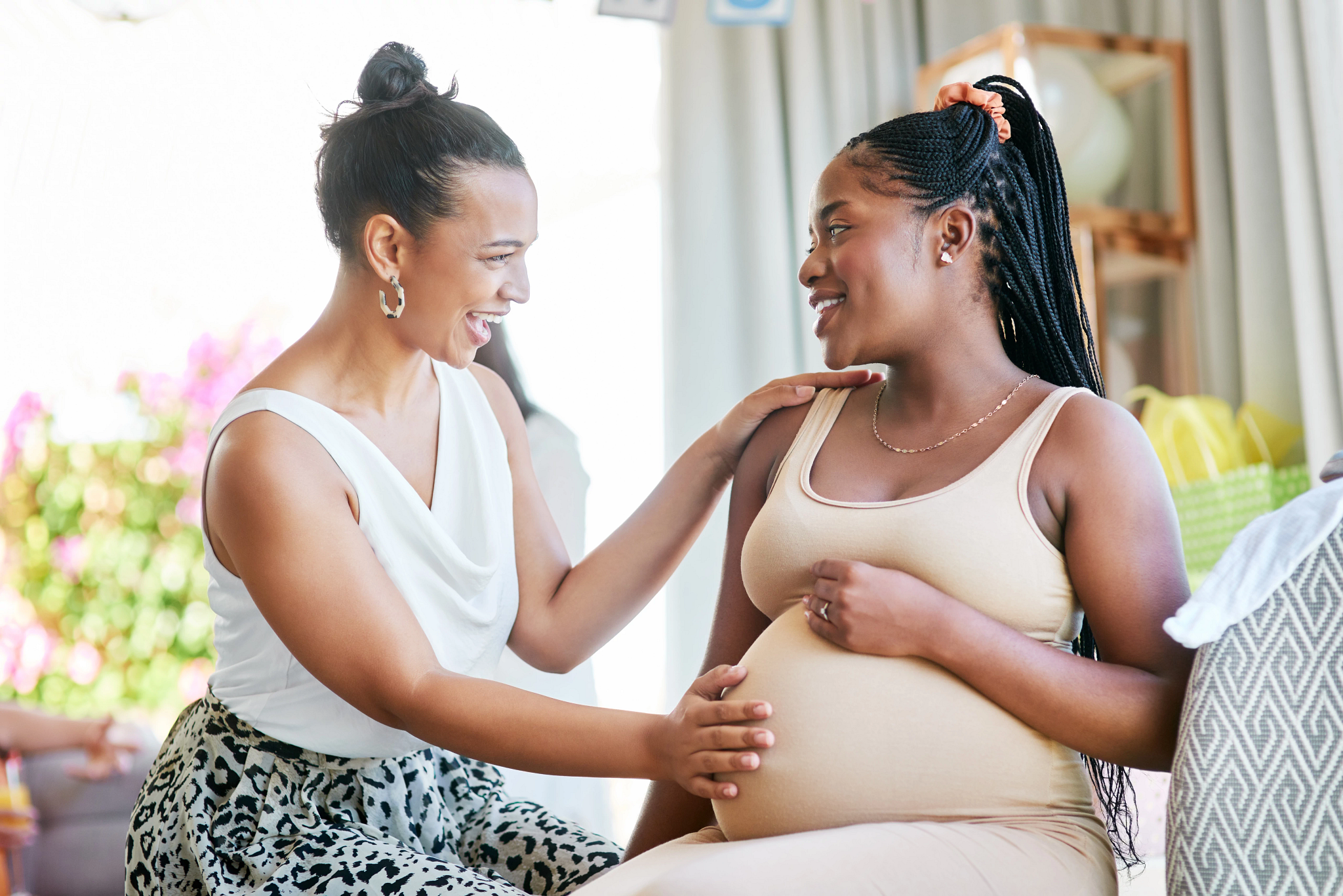
We support national and state-based organizations working to build and grow the movement to ensure all women can have the reproductive freedom they deserve.
Black, Indigenous and women of color and those struggling to make ends meet are at the forefront of this work but are also the least funded. To address this disparity, we prioritize support for initiatives led by Black women and women of color to amplify the voices of the people disproportionately harmed by policies that inhibit their ability to exercise reproductive freedom.
Our Approach
We support efforts to increase sex education and ensure women have access to the full range of reproductive services—no matter who they are, where they live or their socioeconomic status.
Scaling comprehensive sex education
We seek to increase knowledge about sexual and reproductive health, healthy relationships and gender diversity through medically accurate, age-appropriate school curricula.
Expanding access to contraception
We support campaigns and organizations increasing knowledge of and access to a wide array of contraception options in culturally responsive ways.
Increasing access to abortion
We support service delivery, legal, advocacy and movement-building work that protects and expands access to abortion, fights restrictive state laws and passes proactive state and federal legislation. This includes support for abortion funds, and practical support organizations providing direct assistance to abortion seekers, working to build power and creating culture change.
Advancing birth equity
We invest in strengthening the birth workforce and supporting advocacy for and access to quality, affordable birthing options, including ensuring that Medicaid coverage and paid family leave make birthing options financially feasible for all pregnant people.
Our Grantees
We are proud to partner with organizations working to expand reproductive knowledge, freedom and power to actualize the dignity and well-being of families.
View more grantees in our Gender and Reproductive Equity Grantmaking portfolio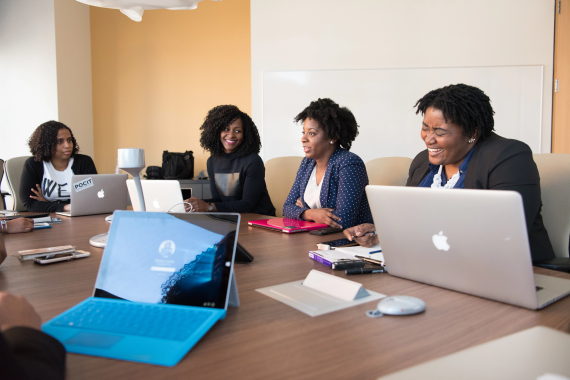
Transforming Legal Systems and Institutions
If/When/How: Lawyering for Reproductive Justice works to ensure all people can define, create and sustain families with dignity and actualize sexual and reproductive well-being on their own terms. This includes managing the Repro Legal Defense Fund to cover bail and fund strong legal defense for people investigated, arrested or prosecuted for self-managed abortion.
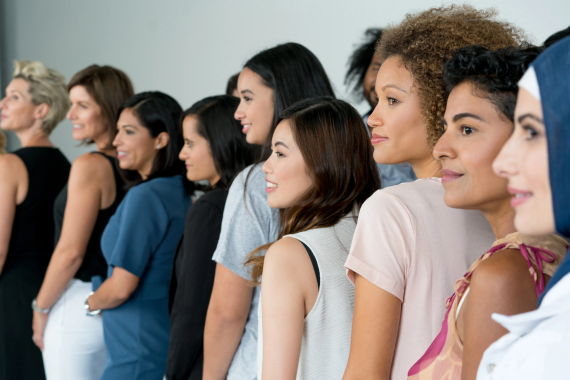
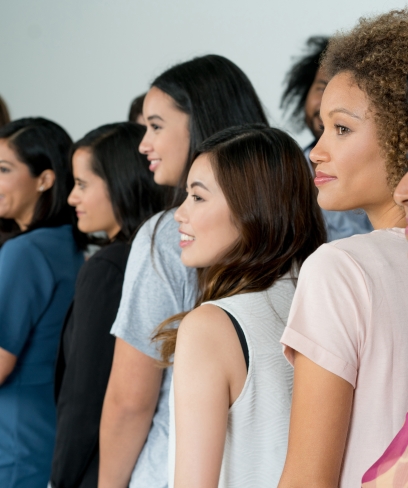
Pooling Funds to Magnify Impact
As a group of committed donors and foundations, the Collaborative for Gender and Reproductive Equity (CGRE) works to fund game-changing investments that protect and advance gender and reproductive equity in the U.S.
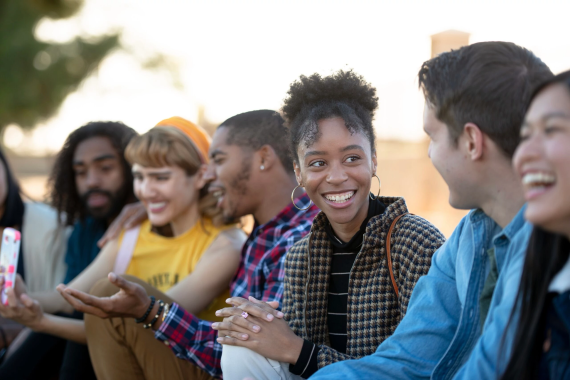
Building Movements for Reproductive Justice
A state-driven, national organization, Unite for Reproductive & Gender Equity (URGE) builds power and sustains a young people’s movement for reproductive justice by centering the leadership of young people of color who are women, queer, trans, nonbinary, and people of low income.
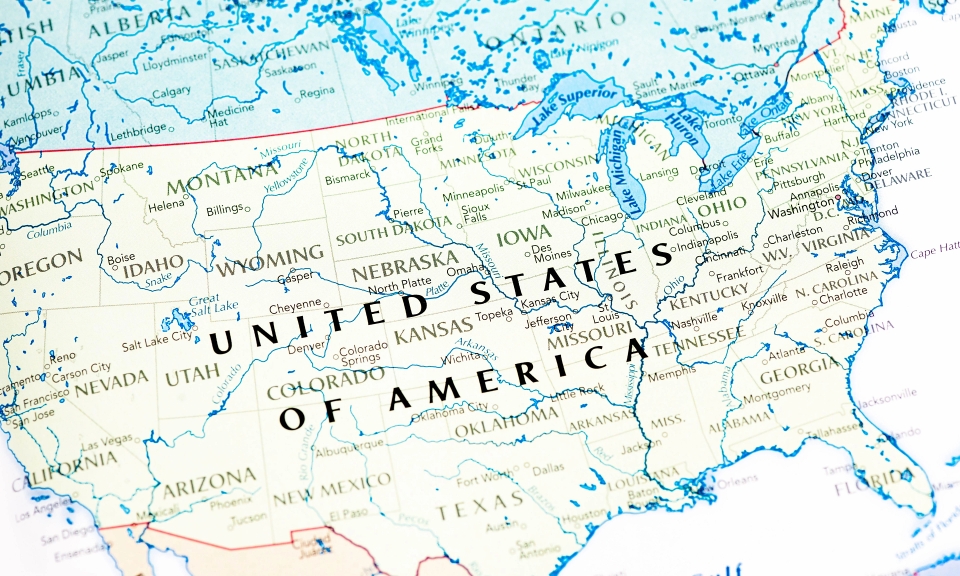
ARTICLE SPOTLIGHT
The Abortion Fight is In the States. Funders, Meet Us in the Capitals.
For Inside Philanthropy, our own Brook Kelly-Green and Gender Equity Action Fund (GEAF)'s Cristina Uribe share why funders need to orient their investments strategies toward funder collaboratives, local grassroots efforts and advocacy organizations.
*Our Terminology
We support every person's right to define their gender identity. For the purposes of our grantmaking and shaped by Schusterman's commitment to equity, our definition of “women” includes cisgender women, transgender women, femme-identified people, and gender-nonconforming people.


